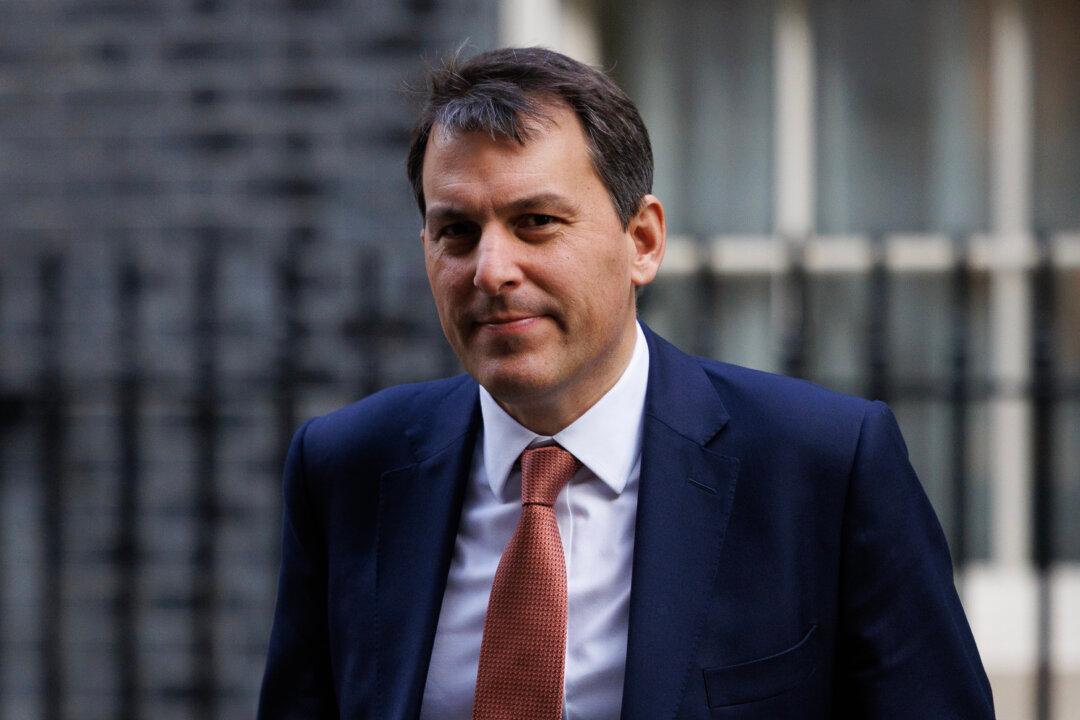The chief secretary to the Treasury has acknowledged “alarm” among Conservatives over high taxes, but warned “this is not the time to ask for tax cuts.”
John Glen, who previously served as Treasury minister under then-Chancellor Rishi Sunak, said that he is also concerned with the amount of tax facing British households and businesses.





